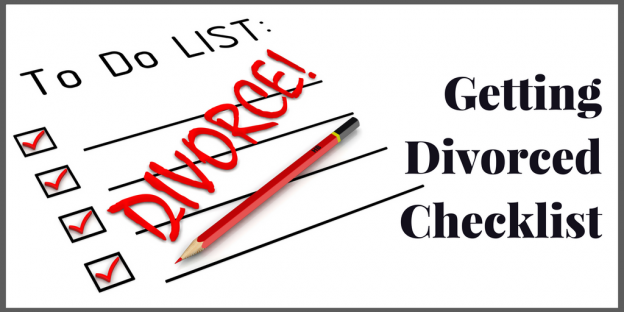Imagine saving your whole life for retirement. You sacrifice a better car, summer vacation and all the other bells and whistles your friends seem to be enjoying all in the name of a secure retirement.
You have accumulated a nice little nest egg – one big enough to afford you a comfortable, work-free lifestyle.
Now it’s time to retire. You might have to roll over your employer-sponsored 401k into an IRA. You have to figure out your budget and how much to withdraw each month. These are typical decisions retirees must make.
But then you get bad advice. Very bad advice.

The Mistake That Can Cost You Everything
Here’s where it all goes downhill: you talk to a financial advisor who tells you to put your money into XYZ investment. It’s great for the advisor, because XYZ has high commissions and high fees – so they are getting a nice little check from your money. The problem is that XYZ investment is a high risk stock – which means, if you’re retired, you have no time to recover from losses.
The 401k Rollover Crisis
This one bad investment decision is not unusual for so many Americans. They end up in the wrong advisor’s office and, with the stroke of a pen, lose their entire retirement savings – or a very big chunk of it. Now, you have to go back to work – without any chance of rebuilding what you worked so hard to create.
In fact, Vanguard founder Jack Bogle recently said that bad advice while rolling over 401ks is one of the top three retirement crises.1

The Fiduciary Rule
We talked about the Fiduciary Rule here, in one of our recent articles. This rule, adopted by the Department of Labor, requires financial advisors to put their clients’ financial well-being above their own. This means if there’s a better product for the client, but less commission for the advisor – the advisor will recommend that product.
➢ However, just because this rule is in place doesn’t mean you should get complacent.
How to Spot Bad Financial Advice
-
How Is Your Financial Advisor Earning Money?
Ask your advisor how he or she is getting paid. You want to be sure your advisor is offering you the best products for your goals – not the best product for their bank account.
-
Is Your Financial Advisor Asking the Right Questions?
If your advisor doesn’t understand your retirement goals, then there is little chance he is going to create a solid financial strategy for you. A good advisor will ask questions.
➢ When do you want to retire?
➢ What will your income streams be? For example, do you have rental property or a pension?
Not only will your advisor ask questions, but he or she will also follow up with you regularly to adjust your investments as you near retirement.
An advisor who doesn’t understand your goals and just locks you into a payment plan, is not someone you may want to trust with your financial future.
-
“I Can Outsmart the Market!”
If your advisor promises high returns or that they can beat the market, then you should run – not walk – out of their office. A respected advisor usually does not promise huge returns, without divulging the huge risks.
What to Look For In an Advisor 
Ask Around
A great first step in choosing an advisor is getting excellent recommendations from friends.
Do some research online and learn about their history – have they been in business long?
Do Some Digging
Next, you should run a background check. Find out if your advisor has ever been convicted of a crime or if he or she has been investigated by a regulatory body.
Here are two good resources:
➢ FINRA Broker Check – BrokerCheck tells you instantly whether a person or firm is registered, as required by law, to sell securities (stocks, bonds, mutual funds and more), offer investment advice or both. It also gives you a snapshot of a broker’s employment history, licensing information and regulatory actions, arbitrations and complaints.
➢SEC’s Investment Adviser Public Disclosure – You can search for an individual investment adviser representative and view that individual’s professional background and conduct, including current registrations, employment history, and disclosures about certain disciplinary events involving the individual.
Get Real Answers
Finally, ask questions – and get clear answers. If a potential advisor is using complicated jargon to explain his investment strategies, then you should keep moving. A good advisor will lay everything on the table. You should be crystal clear on what fees and commissions you’re paying, what the investment strategy is, how exposed you are to the market and what you can expect in returns.
Once you decide on an advisor, be sure to check on your investments regularly. As you get closer to retiring, you should check more often.
1http://time.com/money/4513522/jack-bogle-bogleheads-retirement-crisis/






 Finding the balance between securing safe, comfortable care for elderly parents and paying for it can be almost impossible. Many people are surprised to discover that Medicare doesn’t cover long-term care costs, also known as custodial care.
Finding the balance between securing safe, comfortable care for elderly parents and paying for it can be almost impossible. Many people are surprised to discover that Medicare doesn’t cover long-term care costs, also known as custodial care.

 The numbers, however, point to the fact that more than half of us will need some form of assistance as we get older.
The numbers, however, point to the fact that more than half of us will need some form of assistance as we get older.
